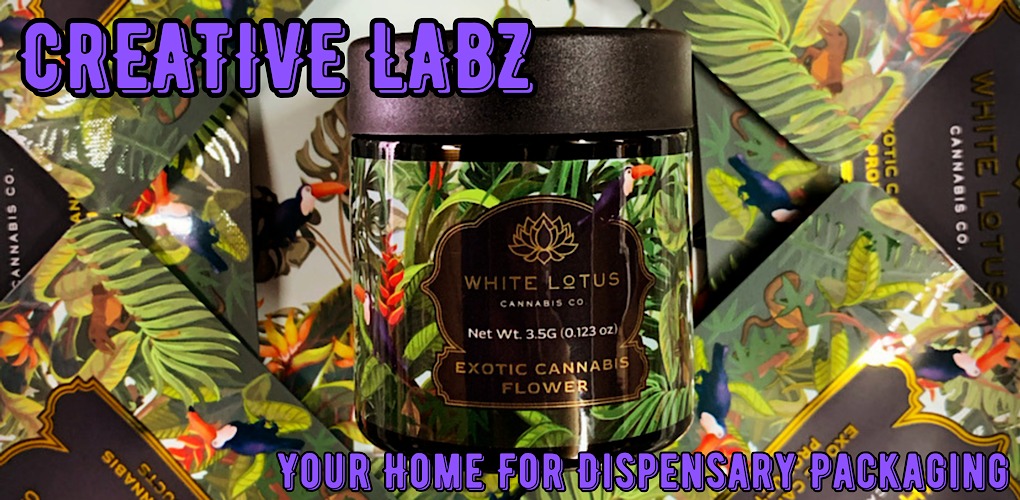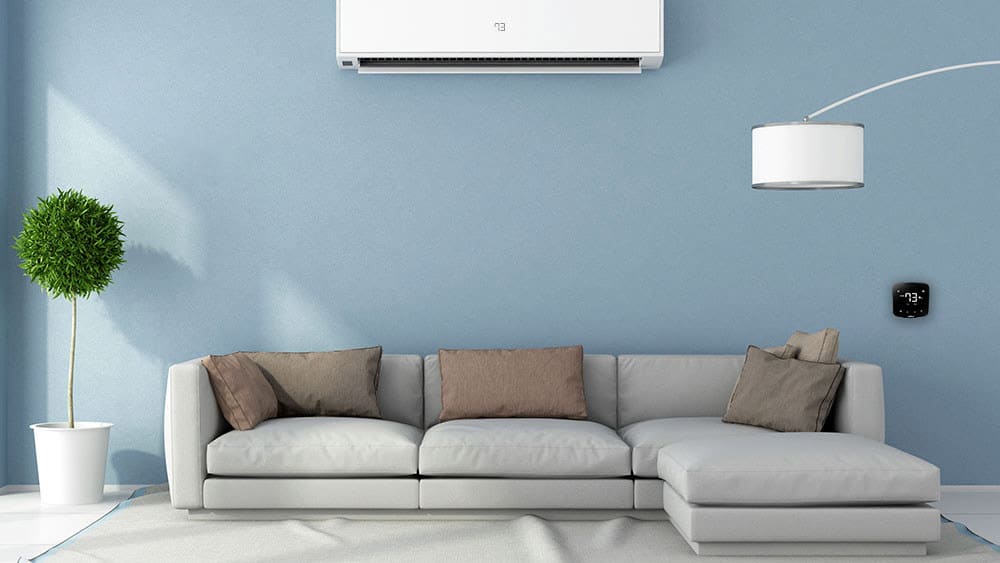When it comes to building a successful e-commerce business, sellers often face a crucial decision: Should you pursue Amazon wholesale or invest in private label products? Both models offer opportunities for growth, but they also come with unique challenges. Choosing the right strategy depends on your goals, resources, and long-term vision for your business. This article will dive deep into the differences between selling wholesale on Amazon and private label, highlighting their advantages, drawbacks, and the factors you should consider before making a choice.
Understanding Amazon Wholesale
Amazon wholesale is a business model where sellers purchase branded products in bulk directly from manufacturers or authorized distributors and resell them on Amazon at a profit. Instead of building a new brand from scratch, sellers leverage existing demand for well-known products.
Key Features of Amazon Wholesale
- Bulk purchasing from established brands or suppliers
- Reselling on Amazon without changing product identity
- Relying on proven demand rather than creating new demand
- Faster business setup compared to private label
This model appeals to entrepreneurs who want a more predictable and less brand-focused approach to selling on Amazon.
Understanding Private Label on Amazon
Private label involves creating your own branded products, typically sourced from manufacturers who allow you to add your logo, packaging, and brand identity. The focus here is on building a long-term brand presence rather than simply reselling existing products.
Key Features of Private Label
- Full control over branding, packaging, and product design
- Higher profit margins if successful
- Requires significant investment in marketing and product development
- Long-term growth potential through brand loyalty
Private label sellers often succeed by targeting niches where demand is high but competition is manageable, allowing them to stand out with unique branding.
Amazon Wholesale vs Private Label: A Side-by-Side Comparison
To decide between Amazon wholesale and private label, it’s important to compare them across critical business factors.
Startup Costs
- Amazon Wholesale: Typically requires moderate investment upfront because you’re buying products in bulk. Costs are predictable since you know the brand and product already have a market.
- Private Label: Higher costs due to product development, branding, and marketing campaigns. Sellers must invest in custom packaging, product samples, and advertising to establish recognition.
Risk and Profitability
- Amazon Wholesale: Lower risk because you’re selling products with proven demand. Profit margins, however, tend to be slimmer (10–20%) compared to private label.
- Private Label: Higher risk since success depends on brand-building efforts. Profit margins can be substantial (30–50%) if the product takes off.
Control and Branding
- Amazon Wholesale: Limited control because you are reselling another company’s brand. Product listings, images, and branding are often predetermined.
- Private Label: Full control over your product’s identity, enabling you to differentiate and build customer loyalty.
Competition
- Amazon Wholesale: High competition since many sellers might be offering the same product. Winning the Buy Box becomes the key to sales.
- Private Label: Competition can be lower if you carve out a unique niche. However, differentiation requires effective branding and marketing.
Time to Market
- Amazon Wholesale: Much faster to launch since you’re selling existing branded products. Once you secure supplier agreements, you can start selling almost immediately.
- Private Label: Longer time to market due to product research, design, packaging, and branding.
The Advantages of Amazon Wholesale
Choosing Amazon wholesale offers several benefits that attract entrepreneurs:
- Proven demand: No need to guess whether a product will sell.
- Faster entry: Get started quickly without months of preparation.
- Scalable model: Once you establish supplier relationships, scaling your business becomes easier.
- Lower marketing costs: Brand awareness already exists, so less money is required for advertising compared to private label.
For sellers who prefer a reliable, less risky approach, Amazon wholesale is often the better option.
The Advantages of Private Label
Private label, on the other hand, provides unique opportunities for long-term success:
- Higher margins: Sellers can price their products with greater flexibility.
- Brand ownership: Build an asset that has resale value.
- Customer loyalty: Once buyers trust your brand, repeat purchases become more common.
- Control: Full authority over product quality, packaging, and marketing strategy.
For entrepreneurs aiming to create a recognizable brand and maximize profits, private label offers unmatched potential.
Challenges of Each Model
While both models have clear advantages, they also come with challenges.
Challenges of Amazon Wholesale
- Securing supplier agreements can be difficult without established credibility.
- Thin profit margins mean you need to sell in large volumes to see significant income.
- Heavy competition often leads to price wars.
Challenges of Private Label
- Requires significant investment in research, development, and branding.
- Higher risk if the product does not resonate with customers.
- Building trust and visibility takes time and money.
Which Model Works Best in 2025?
In 2025, the Amazon marketplace is more competitive than ever, making the choice between Amazon wholesale and private label highly dependent on your resources and business goals.
- Choose Amazon Wholesale if you want lower risk, faster entry, and steady but smaller profit margins. It works best for sellers who value speed and predictability over brand-building.
- Choose Private Label if you are ready to invest more money, time, and effort to build a long-term brand. It is ideal for entrepreneurs seeking higher margins and the ability to differentiate in a crowded market.
Some sellers even combine both models—starting with wholesale to build cash flow and experience, then transitioning to private label once they have the capital and knowledge.
Conclusion: Finding the Right Fit
Deciding between selling wholesale on Amazon and private label is not about choosing the “better” model but about aligning your decision with your goals. Amazon wholesale offers stability and lower risk, while private label promises higher profit potential and brand growth. For many entrepreneurs, the best strategy is to start with wholesale, gain marketplace insights, and later expand into private label.
At VAngel Distribution, we specialize in guiding sellers through the wholesale process, helping them secure quality suppliers and scale their Amazon businesses with confidence. Whether you choose wholesale, private label, or a combination of both, success lies in research, planning, and execution. Start today by exploring the opportunities available in Amazon wholesale and set the foundation for a thriving e-commerce business.










Leave a Reply